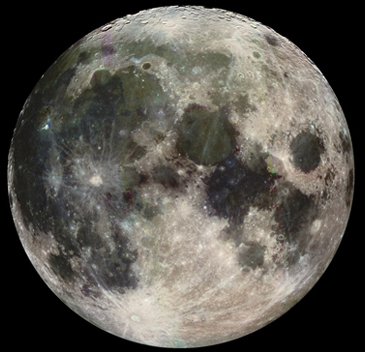 There are some people who believe that bad theology is the greatest evil that exists in this world. I used to be like that.
Recently, I had somebody re-post several blog items of mine and tear them to shreds. Not in a constructive conversation, but simply saying how wrong I was.
There are some people who believe that bad theology is the greatest evil that exists in this world. I used to be like that.
Recently, I had somebody re-post several blog items of mine and tear them to shreds. Not in a constructive conversation, but simply saying how wrong I was.
I realized that, while I would not have gone about it in the same way, I probably would thought the same way as that person a couple years ago. The old me would have rejected the new way I’ve begun to look at God and his purposes in this world. And I would have known that I was 100% right. I would have pitied the new me for being so mistaken and tried to set him straight if I could, for his own good.
I viewed ‘Theological Police’ as being one of the most important jobs a real Christian has.
But as I’ve become more familiar with the Jesus that actually comes across the pages of the Gospels (as opposed to the Jesus I had pictured in my head), I’ve had to face the fact that Jesus ‘the real person’ wasn’t really caught up in policing theology.
Most of his speeches, while having deep theological implications, are practical spiritual advice for everday living.
The times that he gets into deep theological debates? It’s usually because the religious leaders (Pharisees, Sadducees, Scribes, etc) are challenging him.
In Mark 12:27, in response to one of these challenges, Jesus tells the Sadducees that their theology is “badly mistaken.” He then tells them the truth to answer the scenario they posed to him.
But by and large, Jesus doesn’t spend his ministry going to the religious institutions and correcting the teachings of the Rabbis and leaders. Clearly, promoting ‘accurate theology’ is secondary in his ministry. Should it not also be in ours?
I’m not saying heresy is a good thing. But should we in the church ever have gotten to the point where we were burning heretics at the stake? Of course not.
When the devil tried to tempt Jesus, he used good theology to defeat him. But when he encountered broken, hurting people, he never used theology as a weapon against them. The adulterous woman didn’t get a lecture on the seventh commandment. She got mercy, compassion, and a call to live a better life.
Jesus didn’t side with the people who had the correct theology (the crowd of people who wanted to stone her). He sided with the one who was about to be killed by that theology.
There’s a saying I like: “First things first.”
Clearly, good theology was important to Jesus. But bringing light to the darkness was more important.






![Bible-Open[1]](http://static1.squarespace.com/static/569fc0a65a566845d503e672/56a04eb927c80169a0d86da0/56a04ebb27c80169a0d86e42/1453346491136/bible-open1.jpg?format=original)
